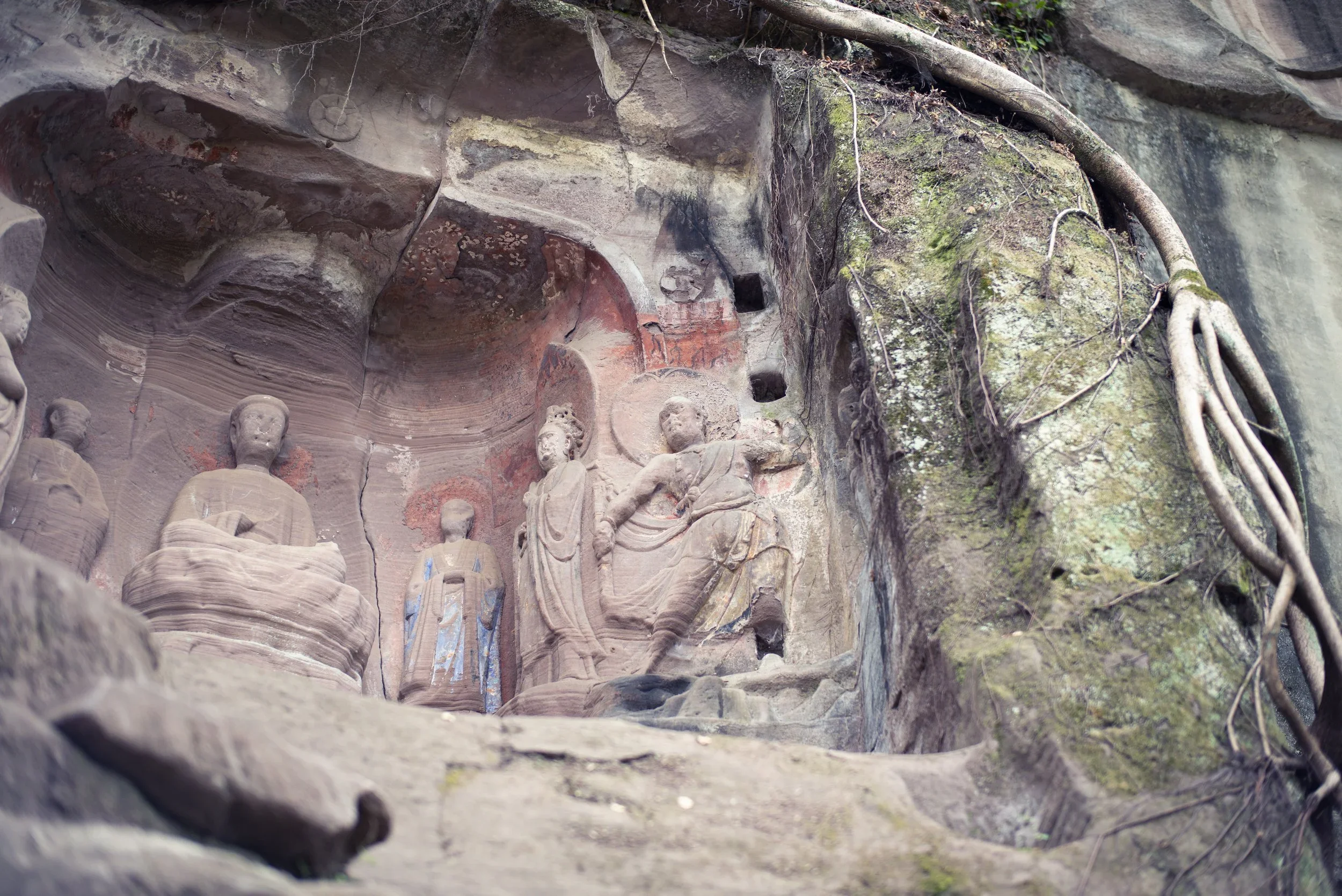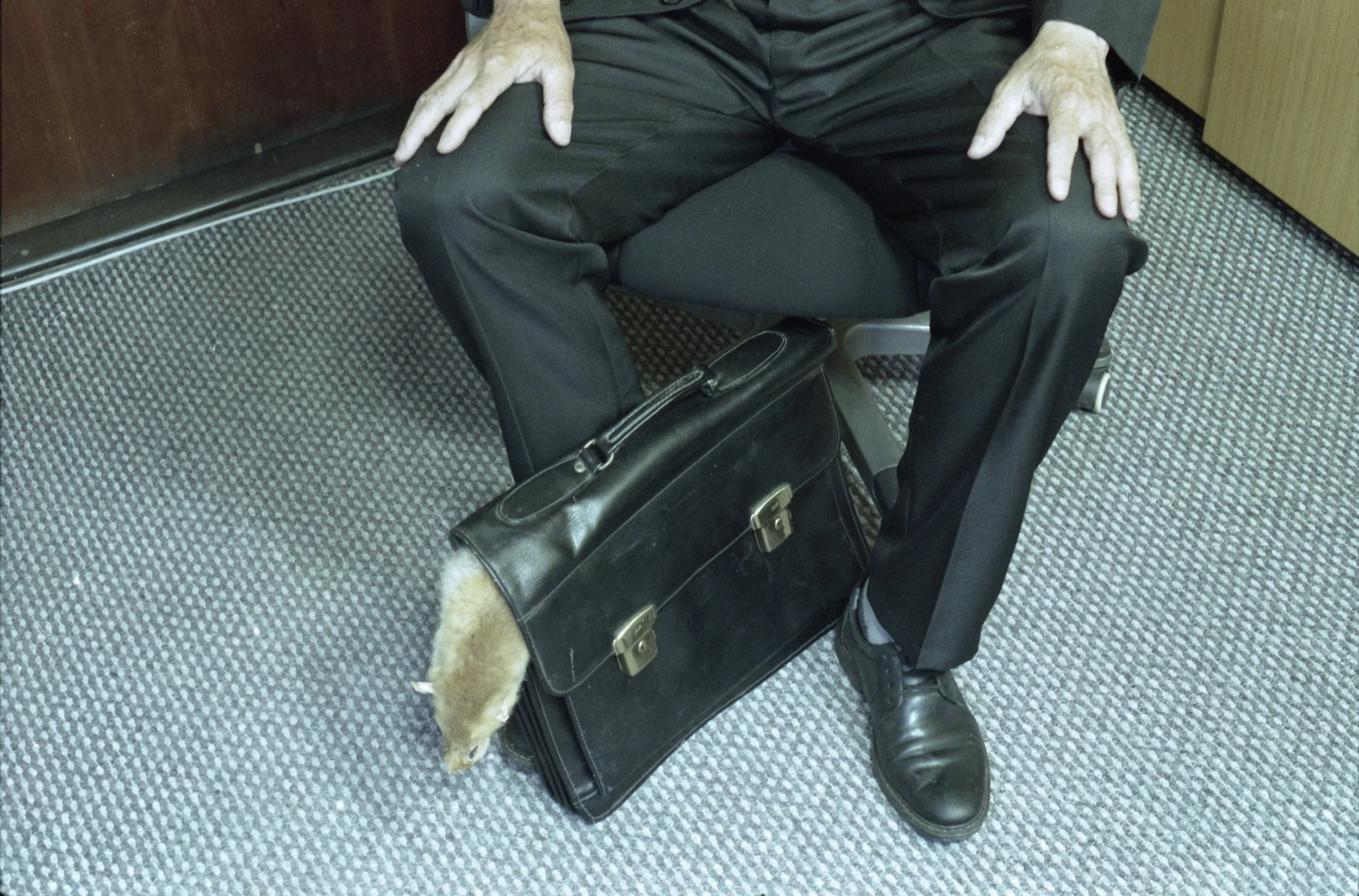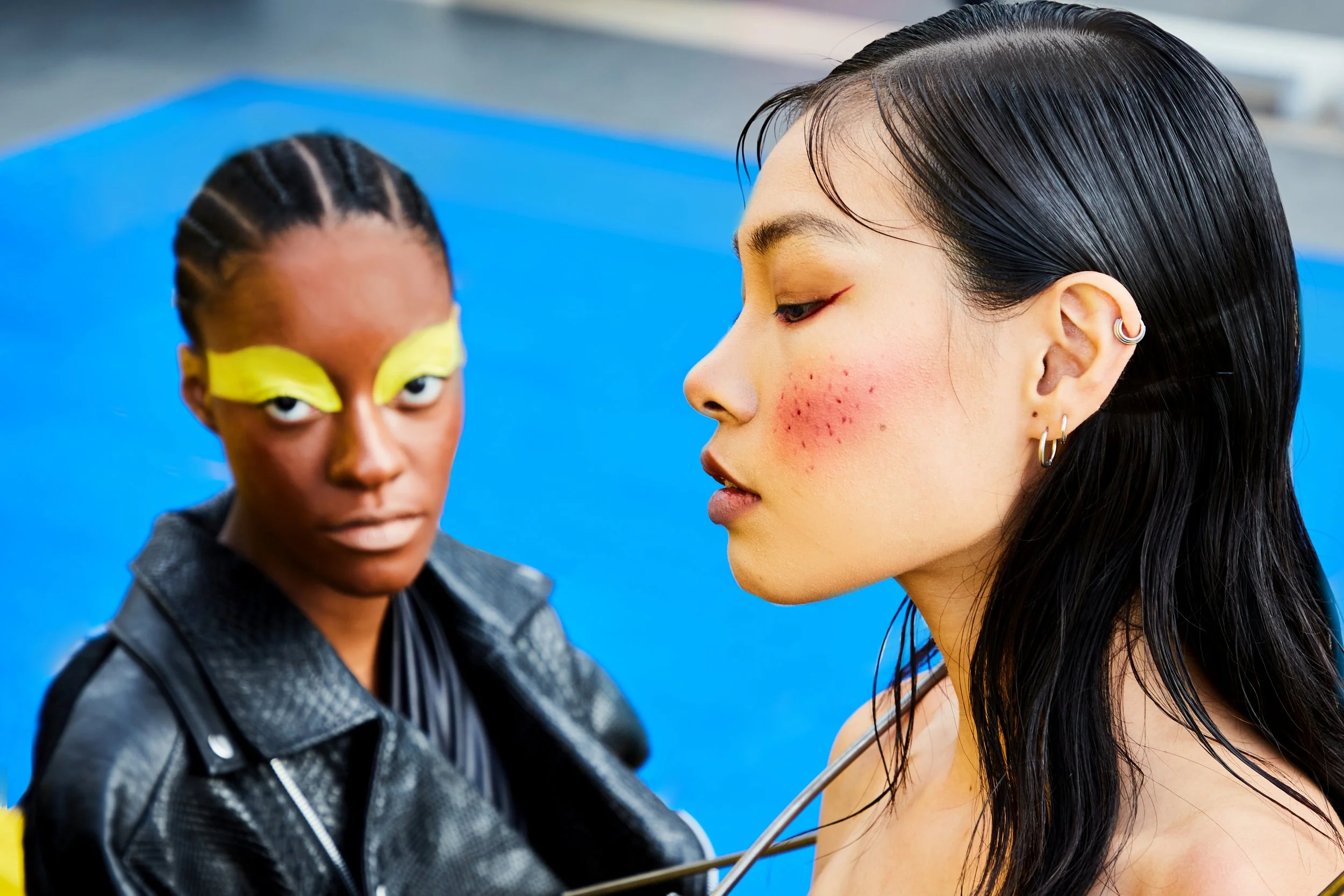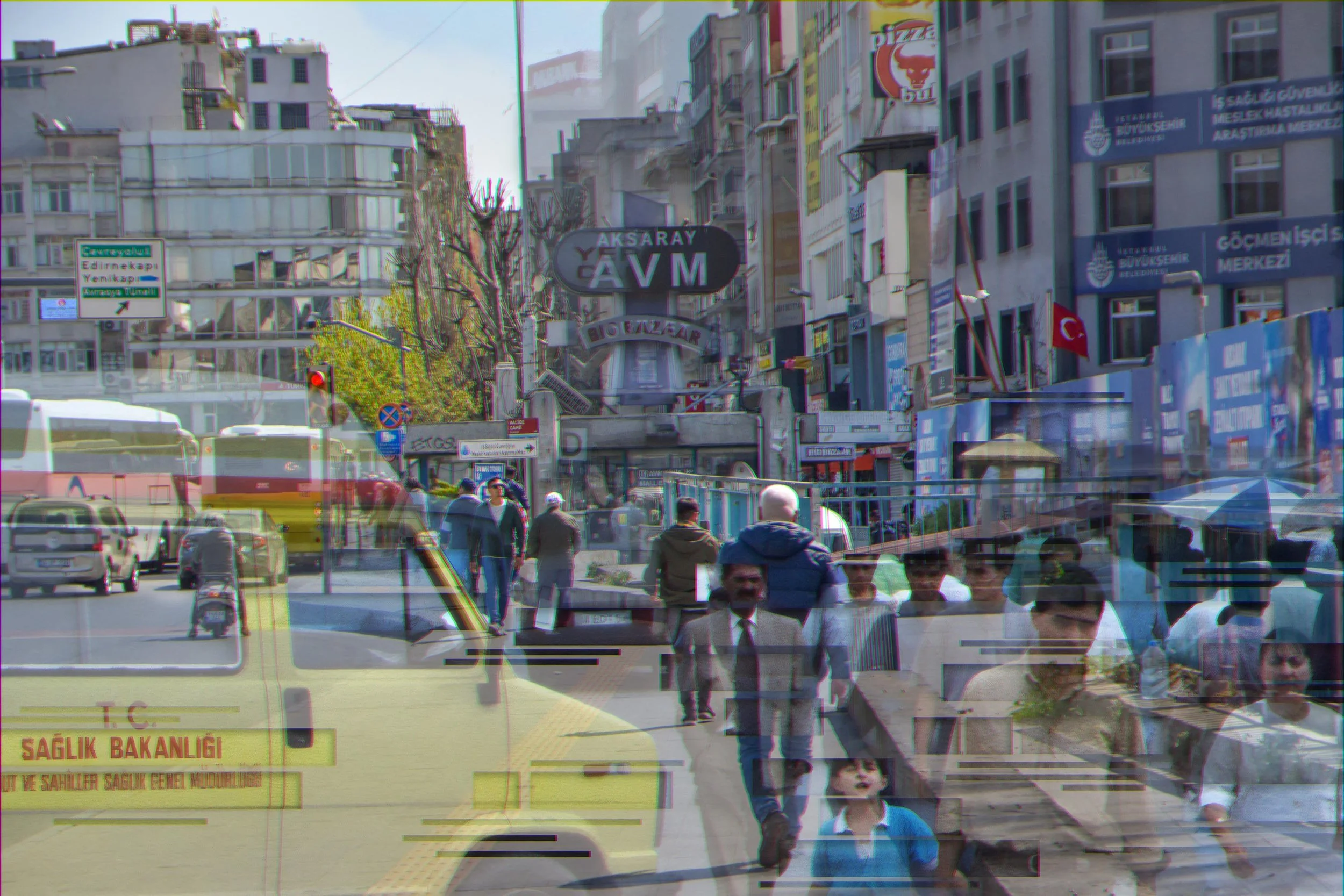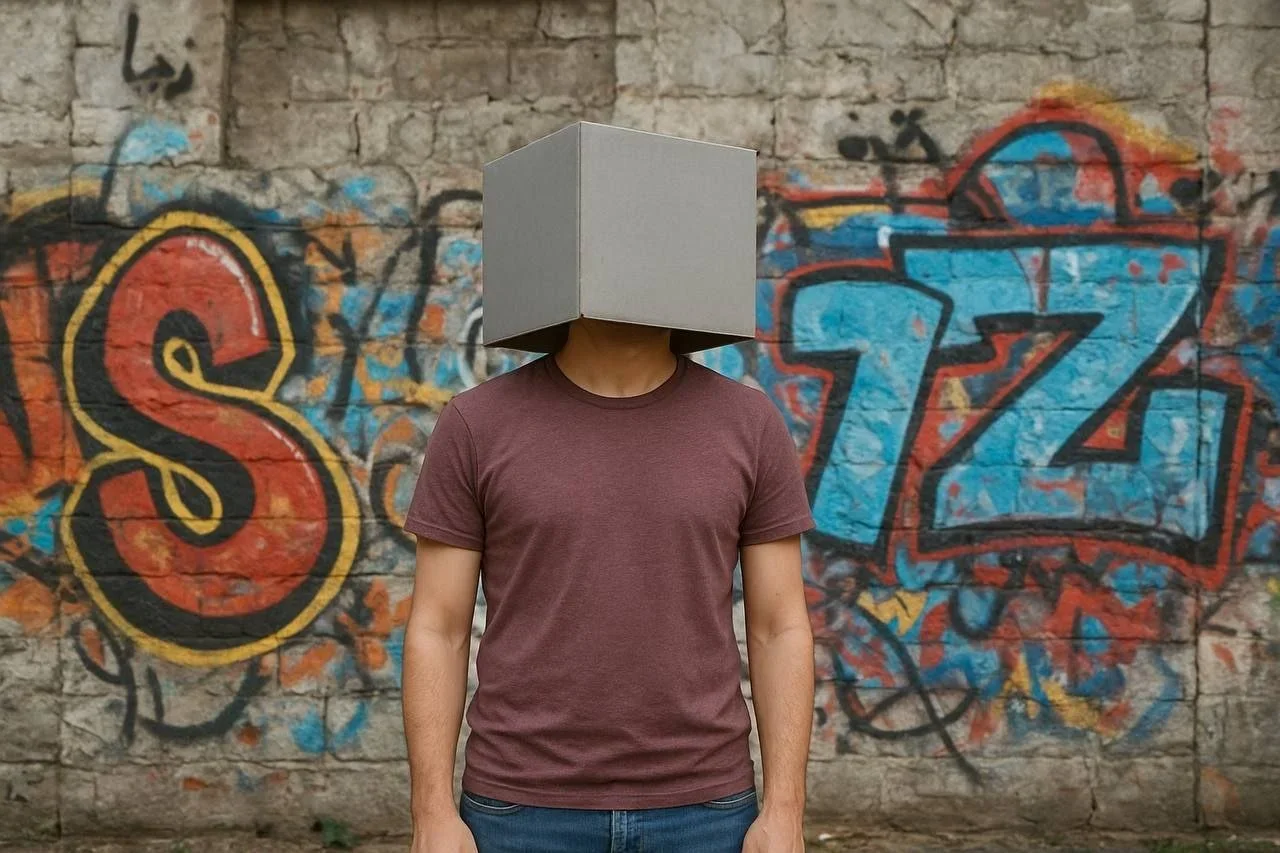10 Questions with Zaccheo Zhang
Bingqin (Zaccheo) Zhang is a Chinese artist studying in the United States. After completing her graduate studies at the Savannah College of Art and Design, she will go to New York for further studies. Her works focus on the spiritual connection with the external world and individuals and strive to rejuvenate the photographic medium in modern art. Her artworks have been exhibited and published in New York (2019), Savannah (2018, 2020), Chengdu (2020), France (2020), London (2021), California (2021), Italy (2021), and United Arab Emirates (2021).
Zaccheo Zhang - © Photo courtesy by Man Zhu
ARTIST STATEMENT
This young artist's exploration of photographic materials has opened up more possibilities for photography. She is convinced that the characteristics of photographic materials are the elements that make photography diversified and rejuvenated. At the same time, she believes that her creative, experimental methods have allowed photography to go back to the close relationship with science and reborn from it to a unique way of artistic expression.
Zaccheo Zhang - © Photo courtesy by Man Zhu
GET YOUR LIMITED EDITION PRINT >>
Translation Series | PROJECT DESCRIPTION
As Barthes writes in The Death of the Author, "a text is not a line of words releasing a single 'theological' meaning (the message of the Author-God), but a multi-dimensional space in which a variety of writings, none of them original, blend and clash." Barthes negates the possibility of finding a stable interpretation of a text or image. He suggests that language is inherently unstable—that is, not governed by artistic intention—and that meaning is generated outside the conscious intentions of the writer or artist.
In these works, the photographer uses the audience's different concerns and knowledge accumulation to create different interpretations of a picture. In the creation, there is no picture taken by the photographer. The photographer for secondary creation collects these pictures, and then the "processed pictures" are presented to the audience for reading. Artists do not just present these works to the audience, but rather the works are a question of choice for the audience. What the audience sees is what they want to see, or what they can read.
Translation #2 © Zaccheo Zhang
INTERVIEW
Could you tell us a little more about your background? When and where did you start experimenting with images, and how did you become an artist?
I completed my undergraduate degree in China. After working for a while, I went to the United States to continue my graduate learning. I grasped photography in high school. At that time, I did not have my camera because it is very luxurious for a high school student in 2011. I had a chance to accompany my classmates to take pictures outside, and then I found out that photography is the magic that turns ordinary life into a wonderland. Therefore, I saved the cost of dinner every day and bought my first camera in my life.
How would you define yourself as an artist?
I think I am a photo explorer. I think photography is my way to know the world, just like an organ to feel the world. This enables me to enter the world I live in differently and perceive what is happening as I exist in a non-material and abstract way. At the same time, it lets me explore myself through my pictures. I find my goals and interests by observing my photographs. Therefore, photography and I have an interrelationship, which is an important factor affecting my creation.
What is your creative process like? And what aspect of your work do you pay particular attention to?
According to different projects and themes, my way of working will be very different. In some projects, I pay great attention to the shooting and operation process; I will take a lot of pictures. I may not take pictures at all in some other projects but instead, use some materials to create. I don't have fixed or forced steps that I need to do.
What I care about the most is whether my creative process can fit my theme. I will also change my process according to the extension and development of the theme. Some project processes are even more important than the results. As I said earlier, I am very concerned about the relationship between me and the photographic medium.
Translation #1 © Zaccheo Zhang
Let's talk about inspiration. Where do you derive the themes for your photographs from? And what inspires you in your work?
Usually, my inspiration comes from my own experience and sometimes from the articles I have read. My own experience is a very emotional expression, which will also be reflected in the photos. On the other hand, when dealing with themes extracted from the articles or books, I usually have very detailed steps to guide the creation.
If my work can make the audience understand my expression, then I will be inspired. And there are some pictures that I create for my audience to ask questions. When they ask that question, I think my work is successful. In short, if viewers can accept my creative intention, then I think I am worthy of continuing to create.
In your "Translation" series, you put a lot of focus on the viewers. They are active readers and thus translate your images based on their interpretation. Which message did you want to convey with this project?
The interesting thing about this work is the transformation of some information in the picture, based on my wishes. When watching this series, some readers who have the same experience or interest as me may find the clue. However, the information other viewers see from the pictures is entirely different from that of the previous audience, which does not affect their reading of the pictures. That is because this work agrees with the audience's interpretation, this project is called "Translation", and it pays more attention to the audience's understanding of the work.
What's more interesting is that these pictures are not taken by me. They come from the public materials provided by some photographers on the Internet. These photographers selflessly share their works and permit the creators to modify them. These authors gave me permission to translate and change, and I gave that permission to my audience.
How important is it for you to engage with the viewers in general? Do you find it stimulating, both for yourself and your art? And how do you engage with your public?
From my creative intention, I think I am eager to interact with my audience. When I look at my work, I find that these projects usually ask the audience some questions or want my audience to interpret the work, giving my audience an invitation and eager for their coming. I think it stimulates my creativity to communicate with strangers in a language without formula, and if they can understand what I mean, then the thing is cool by itself, isn't it?
I have published my works in China, the United States, Italy, the United Kingdom, and the United Arab Emirates. First, I contact some audiences who have specific knowledge of art and photography. If they accept my works, I assume that my works are "readable". Then through these audiences, my works are seen by more people.
What do you hope that the public takes away from your work?
I hope that the public can pay more attention to themselves and the art of photography through my works. As I said, my artwork comes from myself and some topics that I pay attention to. I use my works to discuss with the public the topics that I am interested in. And I hope they will also think about whether they have some things or problems that they want to discuss with others about the world after watching my artwork. I want to show the way I use photography to express myself, and at the same time, I want them to think about whether this is the way they will also think about it.
Translation #3 © Zaccheo Zhang
What are your thoughts on digital presentations, like fairs and exhibitions, for artists? Do you think these are good opportunities, or do you just wish to go back to life as it was before the pandemic?
I think online exhibitions or presentations are great opportunities for us to share our ideas during the epidemic and tell the world that we have not stopped creating. As for the series "Translation", I even think it should only be displayed on the Internet to best reflect the theme of this work. On the other hand, for some special projects, such as the new project I'm working on, it needs a very elegant exhibition manner to show the artist's intention. It also has stringent requirements on the size of the photographs, so we need to wait until the end of the pandemic to carry out an offline exhibition.
What are your plans for the future? Do you have any upcoming shows or collaborations you are looking forward to?
After finishing my current studies, I will go to New York for another master's degree in photography. The decision is related to my career planning, and I also want to have more opportunities to see some exhibitions, so I chose New York. My solo exhibition should be in the summer or autumn this year, showing my latest works. This work has strict requirements on the exhibition manner so that it would take a long time for preparation.
How do you see your work evolving in the upcoming year, and what do you hope to achieve?
I'm very satisfied with the progress of my work at this stage. Of course, I need to speed up the progress to hold the exhibition in summer or autumn. But I am still delighted with the results and theme of the current project, and I am trying to express it more deeply, so I slowed down the pace of creation. I hope I can think about the meaning of each step clearly, and then continue instead of blindly creating repetitive images.









